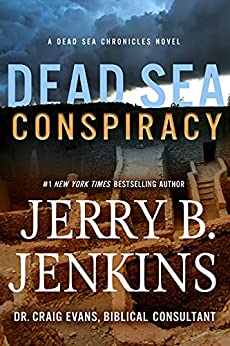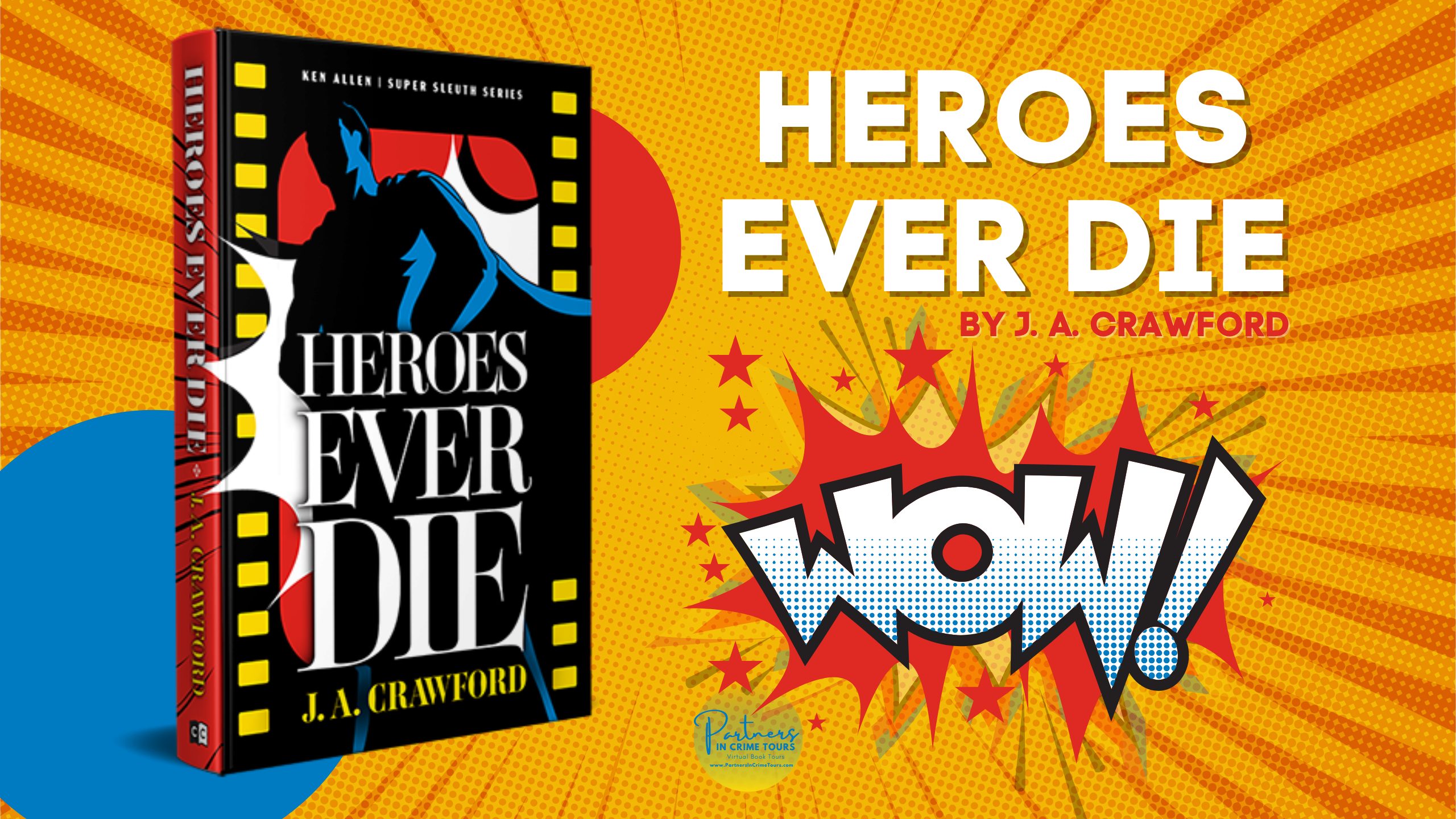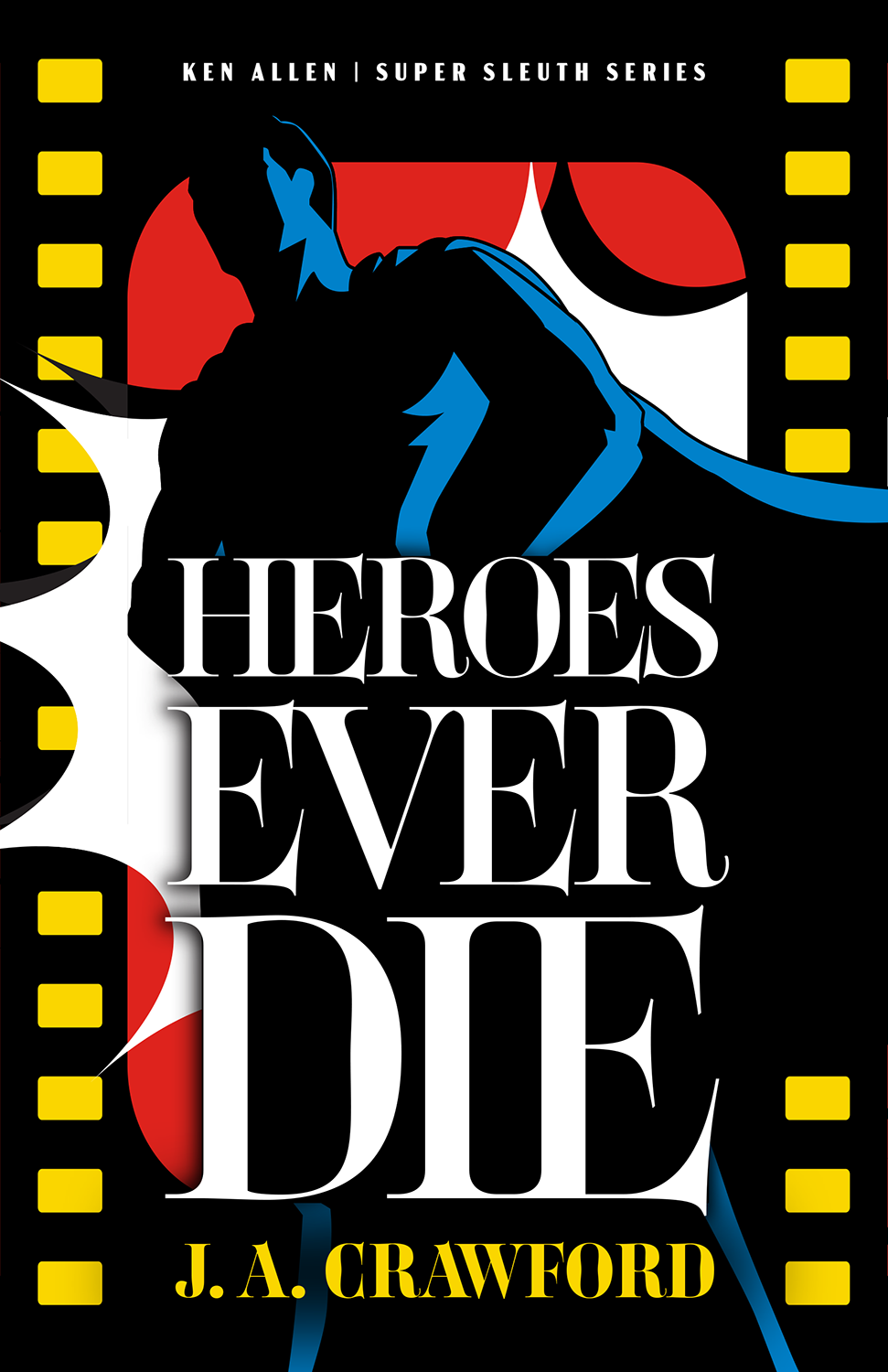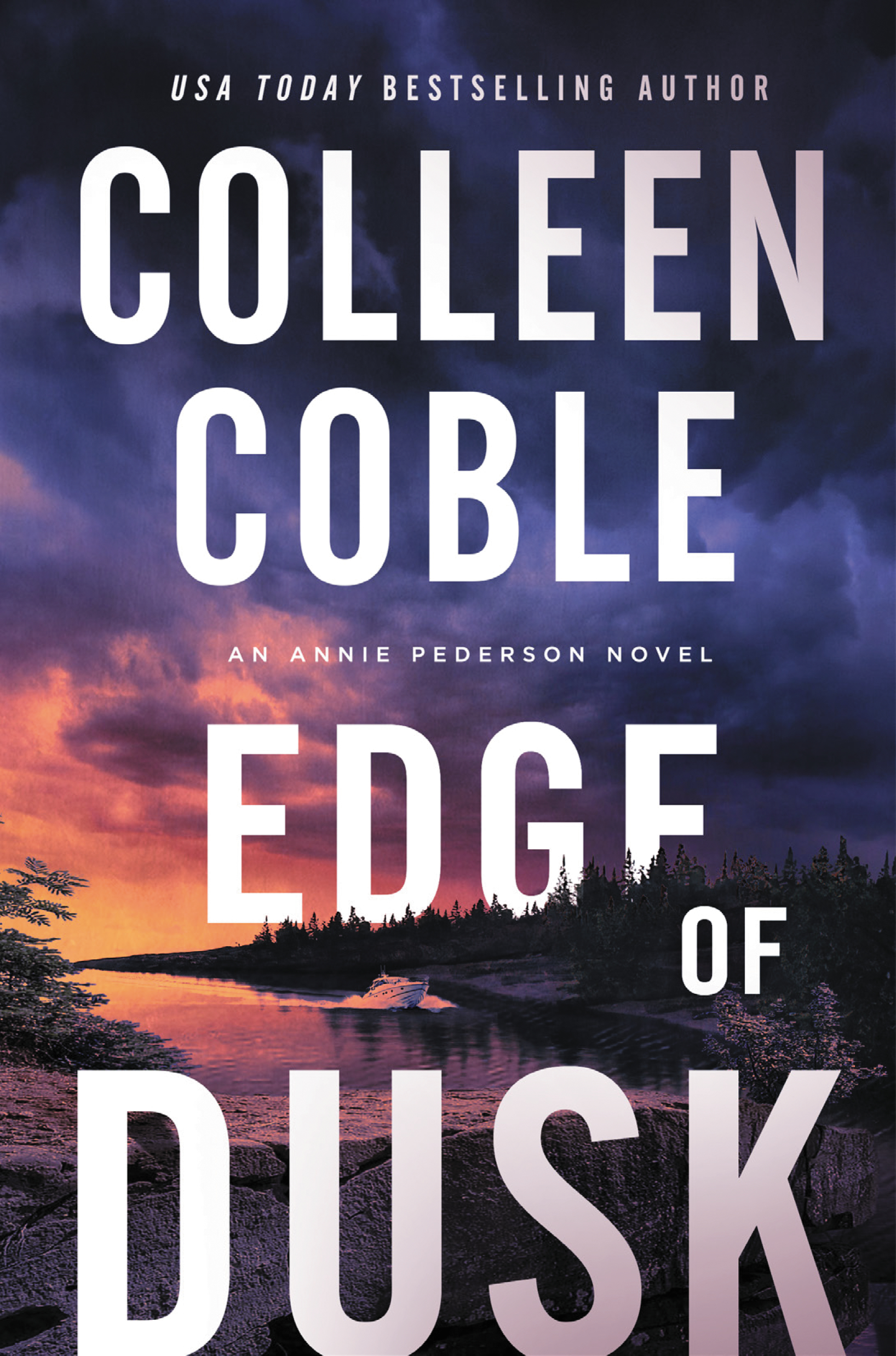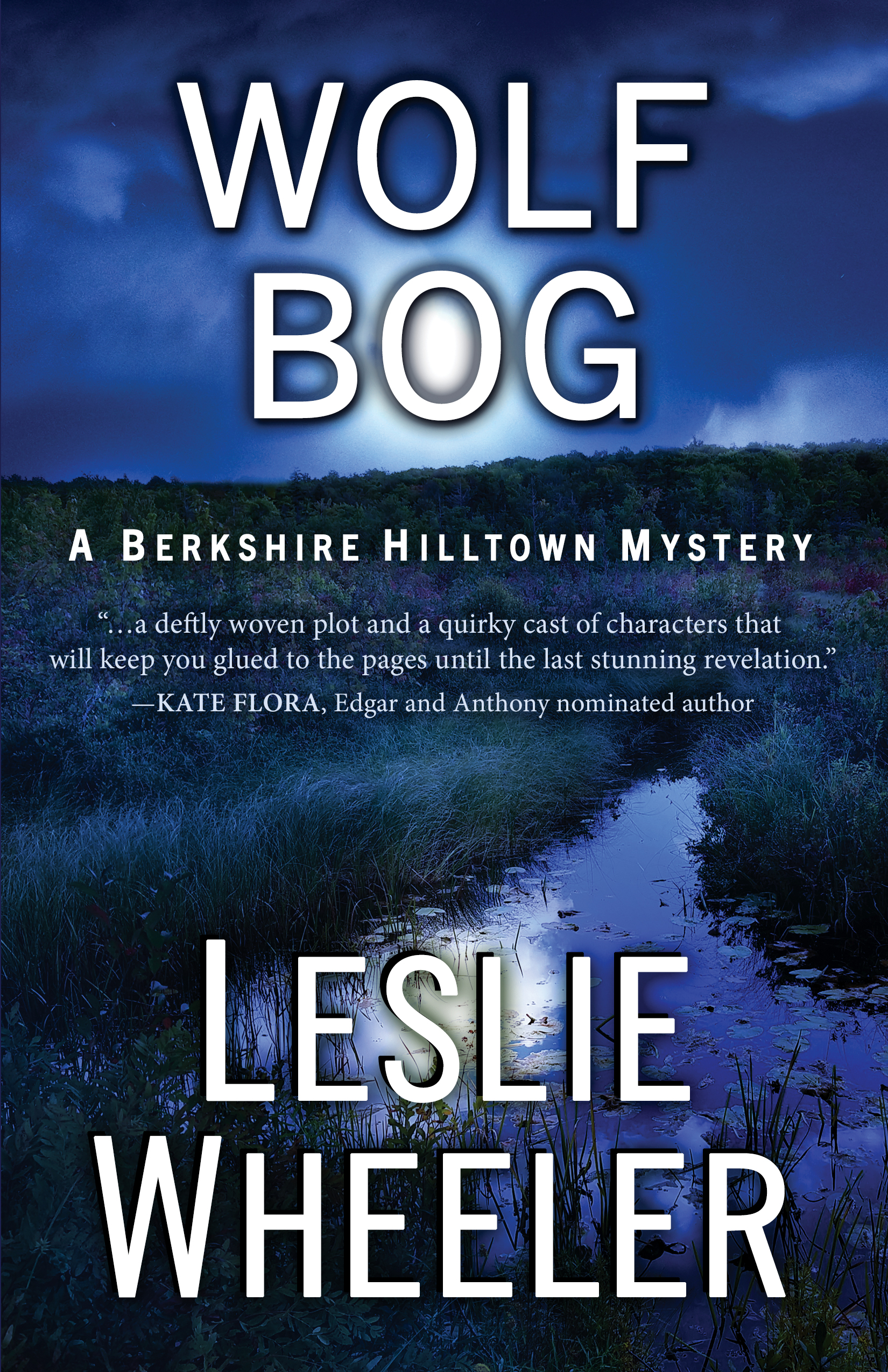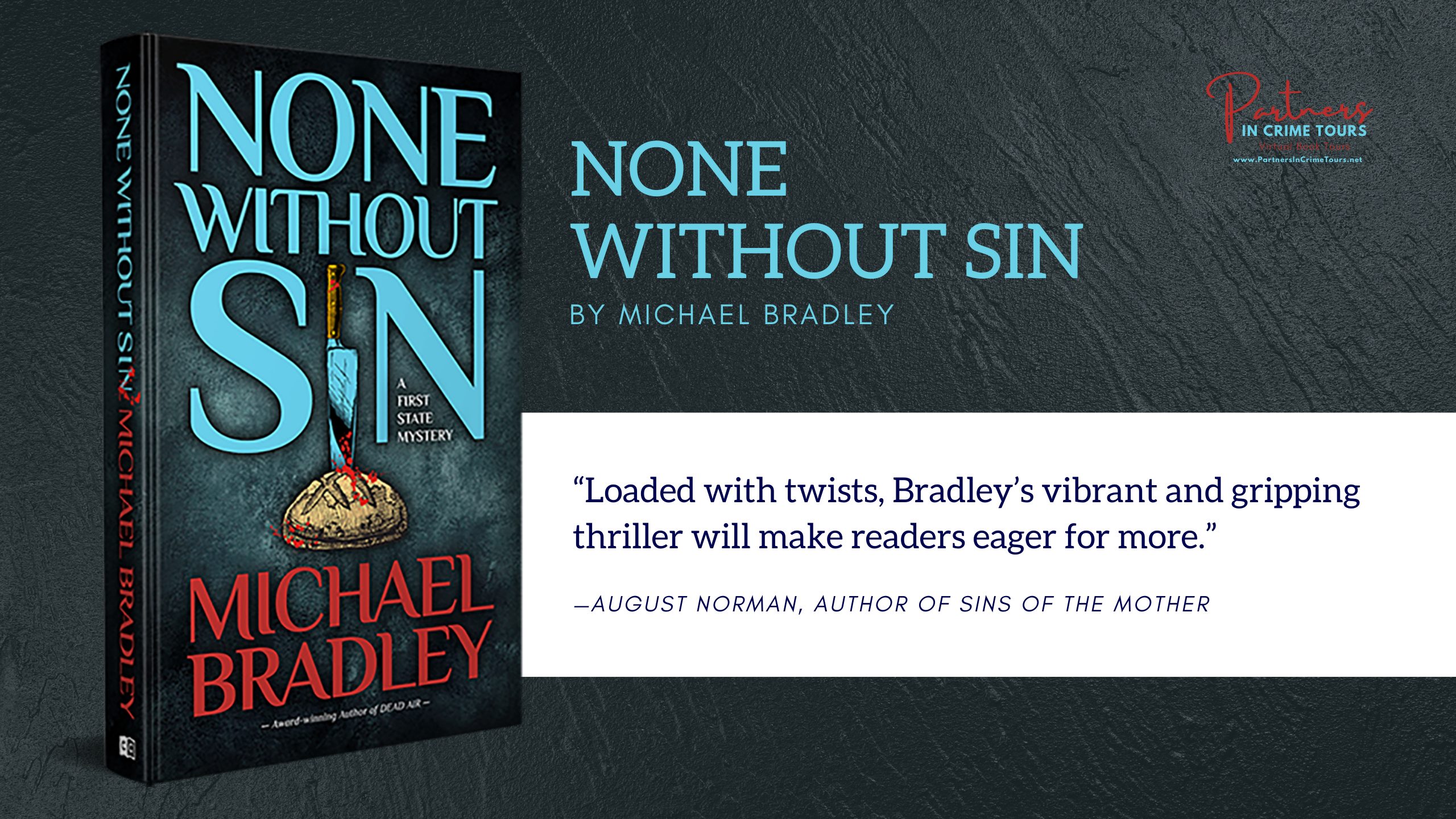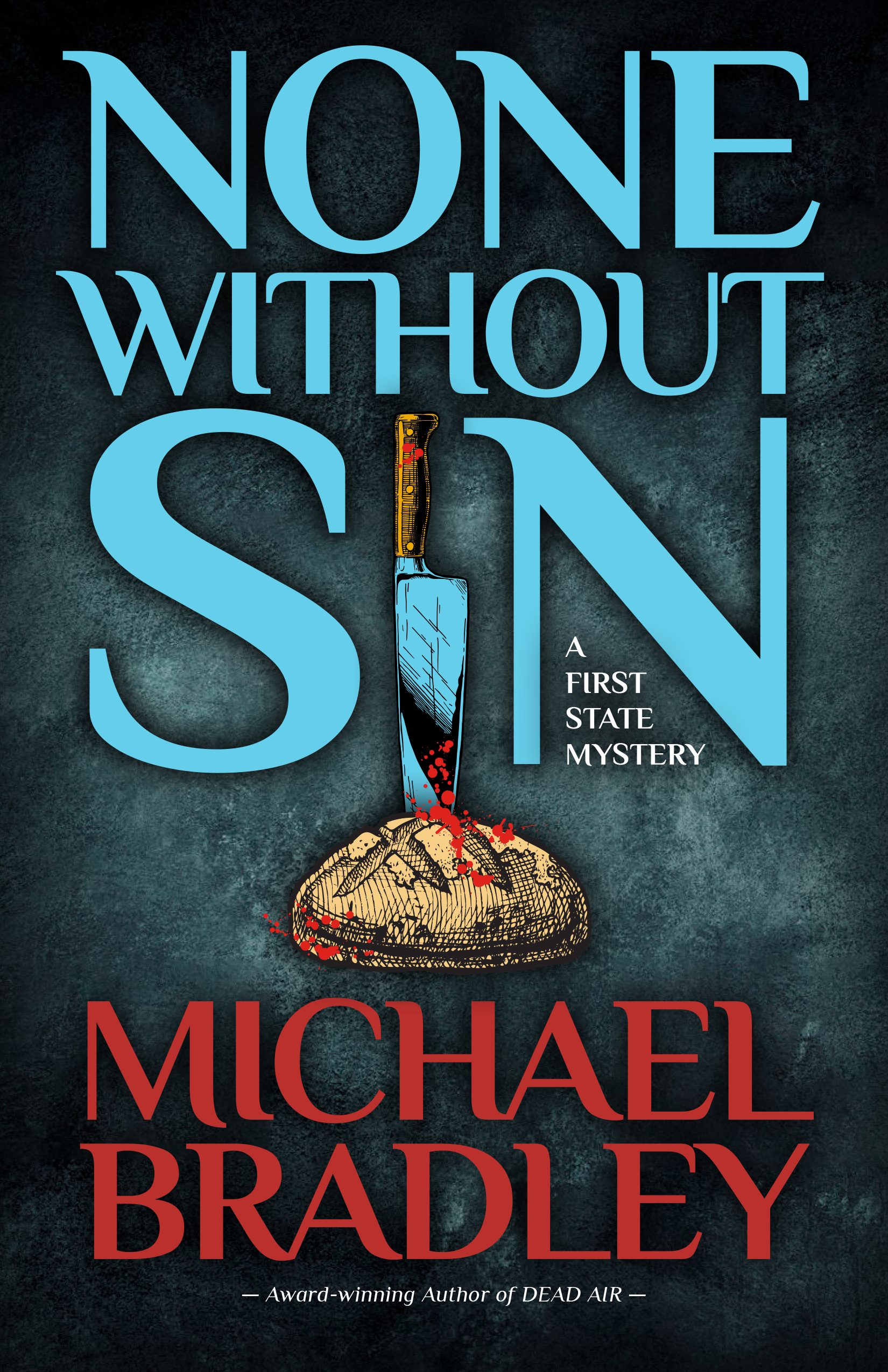When the actors who play iconic superheroes in big screen blockbusters start dying on set, Ken Allen, failed actor and neophyte detective, answers the call after the blame falls on effects expert Ray Ford, Ken’s oldest friend.
But the deaths are not accidental. Someone is killing heroes. Maybe for love, maybe for money. Maybe for both. Ken Allen finds himself outmatched and outgunned when he learns that Ray Ford’s banished apprentice makes weapons that are anything but props.
They say heroes never die since they live on in memory. That’s not true in this book.
The superheroes don’t die but many of the ones behind the mask do.
Ken was a superhero failure, so he sort of just fell into detective mode. But with something extra.
The master of fx created all manner of gadgets for him. That also included his ride.
Trying to figure out who was behind the killings and then trying to find him was like muddling one’s way through a maze.
Even if you’re not a superhero fan, you’ll enjoy this book.
Thank you, Mr. Crawford. I’d like to see more of Ken Allen and Ray Ford.
Chapter 1
FALL HAD COME to This Town, the season where hopes spring eternal, with new productions shooting up to bloom or be nipped in the bud. I was on the studio backlot, gaping at everything like a tourist. There was a reason why I couldn’t wipe the grin off my face.
I was about to meet my hero.
I don’t often ask for favors. Whether it’s a character strength or flaw, I am far more comfortable helping others than I am being helped. But when I heard Dave King was coming out of seclusion, I had to meet him. Just once. And thank him for doing so much for me, a person he didn’t know existed.
Of course, the one man who could grant an audience with King was the person I owed the most.
Ray Ford was the “Magician of Make-Believe”—the premier special-effects expert in the entertainment industry for more than six decades. Last season, when the rest of the world pegged me a serial killer, Ray fabricated the host of gadgets that elevated me from
mild-mannered to super. In return, he played spectator to my adventures and got to test his inventions under real-life conditions.
Ray was currently transforming mild-mannered actors into silver-screen superheroes. There were two major players—production companies with rival expanded universes—filming and releasing simultaneously in a box-office death match. The demand for spectacle and escalating budgets had led to Ray working both sides of the fence. I didn’t want to imagine what his NDAs must look like.
I got far as I could without an escort—corralled with a crowd of fans waving their phones around in hopes of catching the barest whiff of a leak. There was no shortage of ex-[insert armed service branch here] private police personnel hoping to be discovered through a guarding gig, and my banner year didn’t elevate my status to the height required to part a sea of badges. I took shelter in the shadow of a warehouse and drank in the October air. It was only seventy-five degrees, but my blazer was a sculpted sheath of ballistic gel. While nothing less than a bursting shell could penetrate its surface, the material also blocked the cross breeze. I dug out my phone and jumped back into the Dave King omnibus collection I had downloaded for long plane rides.
Ray located me via the bell he’d hung around my wrist. My custom-built smart watch had all the extras, including GPS, a heart-rate monitor, and a microphone which never turned off, for Ray’s eavesdropping pleasure. You didn’t think about how much you talked to yourself until someone was listening in on every word. He waved at me from the far side of the security cordon. An extra-large fanboy hard-blocked my route.
He ignored my polite requests and apologies, so I spiked his phone like a volleyball.
“Dude, what the hell?”
I shoved my way into the opening. “That’s what you get for filming vertically.”
He sized me up, decided I wasn’t bully material, and went searching for his phone.
Ray admitted me through the gate. He was as I saw him last, muscle and gristle shrink-wrapped into an one-piece racing suit. His russet skin was free of stubble and his head was razored into a reflective surface.
“Well, well. If it isn’t Ken Allen, the detective to the stars himself.” “Quiet, you’ll draw a crowd.”
Ray laughed. I had been a shamus for exactly two cases, one where I cleared myself for murder and another which had taken me overseas.
Security permitted me through after Ray presented a lanyard with a hybrid hologram/bar code. I hung it around my neck, and we wove through the time traveler’s menagerie that was multiple-production traffic toward the soundstage.
Ray opted for chatter. “How was your flight?”
“Are you telling me you can’t listen in when I’m on airplane mode?”
“Ken, help me out here. I’ve been practicing my small talk. According to those internet sites, I need to work on my people skills.”
As someone who had been the subject of memes for more than a decade, I felt Ray’s pain. “I warned you not to look.”
When Ray replied, he kept his volume low. “It wasn’t by choice.
My last few gigs have had leaks. Been trying to track the source.”
I knew which soundstage was ours from the drones. Constructs of Ray’s design, they patrolled both the interior and exterior of the hangar-sized structure. Like any magician, Ray couldn’t have the audience peeking behind the curtain. But time was catching up to him. Everyone had a camera in their pocket loaded with apps capable of instantly reaching millions. As kids, we were warned about the rise of Big Brother. What no one foresaw was that we would become him. The guard at the door scanned our lanyards before letting us pass, including Ray, who had been gone five minutes. I stepped into the
façade of a factory. A cauldron that could have boiled a tyrannosaurus rex belched molten metal into the air. A catwalk OSHA never would have approved ended over the cauldron like a diving board. The grated floor allowed a peek at a legion of killer robots idling below. Orange light glowed from off-screen sources. The light wasn’t there to provide visibility, but instead to create shadows and suggest heat. Smoke machines added a haze of steam, enhancing the effect.
All the trappings of moviemaking were present: the light arrays, boom mikes, camera tracks, and monitors. At least one person was assigned to each object. Everyone had a badge hanging from their neck, even the saints stationed at craft services.
An average-sized white guy in a modern, tactical version of a Confederate army jacket stepped onto the catwalk. Clutching fighting sticks that resembled rolled-up scrolls, he inched forward like a dog who wasn’t supposed to be in the kitchen.
I couldn’t contain my excitement. “Bill O’Wrongs is the villain in this one?”
“Yeah,” Ray said. “Wait here.”
When you’re a kid playing pretend, you either want to be a cop or a robber. Me, I was a cop all the way, right down to the embarrassing daydreams of saving my fourth-grade teacher from masked kidnappers. I’ve never been a rule breaker by nature. So, when Ray told me to stay put, I stayed put.
There was plenty to take in. The production was an expert operation, performed by a crew who had worked together many times, churning out franchise faire assembly-line style. I had appeared—not acted but appeared, you’d agree if you’d seen it—in exactly one movie, whose production wasn’t exactly traditional. If I had my way, that flick would have stayed secret forever. Then again, it was what got me here. I guess you could say I had a love/hate relationship with my origin story.
Someone’s assistant approached me.
I knew it was an assistant from the way he eased into my eye line, instead of confronting me as to who I was and what I thought I was doing. Which was good, because I didn’t have a firm answer for either. Not now, not ever.
“Mr. Allen?”
“Mr. Allen is my father. Please, call me Mr. Allen Junior.”
The assistant made a note in his phone, and I immediately regretted the joke.
“Mr. West would like to speak with you.”
The assistant was unable to hide his curiosity over how a person of my station could possibly know Flint West. I waved up to Ray above me, but he was absorbed in his work. If he needed to find me, he could. “Then let’s not keep Mr. West waiting.”
The assistant led me outside while not taking his eyes off me, as if he were watching his kid. Mr. West’s trailer was nicer than every place I’d lived up until three months ago, when my life took a ride on the roller-coaster that was the twenty-four-hour news cycle. The assistant waved a key fob across the door, and I heard a latch click.
“Mr. West is inside, Mr. Allen Junior.”
A response would have only created more problems, so I stepped into a curtained landing area, stopping to ensure the door locked back into place. A deep voice boomed from the private side of the cloth barrier.
“That you, Ken Allen? Get in here!”
I pushed the curtain aside and ran face-first into Flint West. He squeezed me until I was ready to pop before pushing me back to give me a once-over.
“You miss me, Ken? You know I missed you.”
Flint was in a silk robe, boxer briefs that could have been painted on, and nothing else. His smile made he smile.
“Your body sure didn’t,” I said. “You were so jacked in that last Civil Warriors flick people thought it was CGI.”
Flint shook his head, smiling at suffering-gone-by. “Man, we had paramedics off camera with IVs ready. I looked like that for maybe on hour. They couldn’t get the lighting right.”
He gestured for me to sit before taking a seat himself. I’d never known someone who could maintain genuine, interested eye contact for as long as Flint could.
It forced me to say something. “Becoming an ideal carries a cost.”
Even before computer magic, there were myriad methods to elevate a humble human to heroic status. One was extreme dehydration. In combat sports, competitors only had to be at their fighting weight for a scant moment on the scale. The best way to do so while maintaining your muscle mass was to eliminate as much liquid from your body as possible. Typically, by sweating it out.
It was a dangerous practice. People have died cutting too much weight, particularly those of Flint West’s proportions. And I was the one who taught him the trade. In my previous alter ego as the “Sensei to the Stars,” I had acted as both personal trainer and stage-fighting guru for the A-list.
Flint West was my masterpiece.
“So, Ken, you got a minute for the little people, now that you’re a big-time crime fighter?”
I leaned forward, elbows on my thighs. “Not sure where you’ve been getting your news, but I cleared my name and went on safari.”
Flint wasn’t buying it. “Mmm-hmm. Well, your safari buddy and I have the same agent. You saved her career, man.”
The way Flint said it, we could have been talking about his mother. The pedestal he was putting me on was high enough to end us both if I tumbled off. Flint’s emotions were as herculean as the rest of him. The intensity that had served him on the gridiron translated perfectly to the big screen.
You felt what Flint was feeling.
“What’s on your mind?” I asked.
“I have a friend.” Flint started having second thoughts. He crushed his lips together. His jaw was so muscular it had striations. When you are cast to wear a mask, it’s all about the jawline.
“You have lots of friends,” I replied. “Including me. This isn’t going anywhere you don’t want it to go.”
Flint nodded at my reassurance. Around rep number five, he unflexed his mandibles. “This friend of mine, he’s getting into something big. Real big. And dangerous. He’s used to going it alone, but I think he could use your help.”
The vagueness was giving me a headache. I massaged the bridge of my nose. “I’m going to need more proper nouns here, Flint.”
“If I were to hire you, would my friend have to know you were on the case?”
“I can’t work for a guy who doesn’t know I’m working for him.
And I can’t help someone when I don’t even know his name.”
Flint tapped a fist on his lips to acknowledge I was making some good points, so that was progress. When he spoke again, he kept his hand over his mouth.
“It has to do with Dave King.”
Flint didn’t ask if I knew who Dave King was. We had bonded over our love of all things King, years past. It was no coincidence Flint was playing one of King’s characters on screen.
“What’s going on with Dave King?” I asked.
“What you should do is meet him. See if you hit it off.”
I managed to keep from throwing my hands into the air. “Sounds like a plan.”
Flint nodded some more, adding a smile. “All right. All right.
Okay, Ken. Look, they have to start getting me into costume.” “Has that process gotten any better?”
“A little. It’s like having your own pit crew.” “Well, you did make your name in action vehicles.”
Flint laughed to be polite, then switched right back to sincere. “Look, go talk to Dave. Keep it casual, tell him you and I are buddies.” “I’ll do my best, but when it comes to acting, my track record
speaks for itself.”
This time, Flint’s laugh was genuine.
Flint’s assistant played boatman and guided me back to set, where he pointed out Dave King, who I would have known anywhere. I strolled up next to the legend, strategizing how to break the ice, but King spoke the moment he noticed me.
“It’s too small.”
Dave King had once been a big man. Geometrically cubed, with a block head, a barrel chest, and boxy shoulders. You wondered how a pencil could have survived those scarred, square clamps he had for fingers. Age had taken its toll, shrinking him down and thinning him out, but in my eyes, he would always be a giant.
Dave King, the man who had birthed hundreds of heroes with nothing but a #2 pencil and some bristol board. Dave King, the greatest mythmaker of the modern age.
“I always dreamed big. These are titans we’re talking about.” I stood up straight when King glanced my way but stopped short of puffing out my chest. “Who are you supposed to be? One of mine?”
I was stunned silent.
The first thing I said to Dave King needed to mean something, without coming on too strong. The silence was getting uncomfortable, so I went with what I was thinking.
“I wish.”
Dave King boomed a laugh that turned heads in our direction. “If wishes were fishes, we’d all cast nets. So, who are you playing in this picture show?”
It wasn’t the first time my getup had been mistaken for a costume. While my jacket passed casual inspection, close-up, people realized it was closer to a bulletproof vest than a button-down blazer.
“Myself. I’m Ken Allen.” In an attempt to impress him, I added, “I’m a detective.”
Dave King measured my form with an artist’s eye, fitting me for the role. Whether or not I was qualified, I looked the part. Seasoned, but still in shape and easy on the eyes. He might have drawn me in the role, once upon a time.
I tried to remember any of the hundred questions I’d dreamed of asking him over the years. The kind that demonstrates the depth of your devotion. The ones that mark you as a True Fan.
“Well Ken, if you’re looking for evildoers, take your pick. Here comes a grade-A pack of thieves now. Good to meet you.”
Dave King offered his hand. I don’t usually shake hands on principle, but for him I’d make an exception. His grip tremored as we touched palms, the thick fingers curled like claws. I let him lead, keeping my response a notch less firm. There was too much to tell him. I decided to start with the ending.
“Thank you, Mr. King. Growing up, your work meant the world to me.”
King pursed his lips with a nod. He must have heard the same sentiment a billion times before. A sadness crept into his eyes. I’d blown it. Upset him, when I’d intended the opposite. We untangled hands. I did most of the work. Once his fingers had locked down, they didn’t want to release.
The group Dave King had identified as suspect stopped an arm’s length from us. I knew right away who was in charge, because he was rocking a hoodie and track pants. In a realm of suit and tie, the person in casuals bore the crown. His right hand was a Desi woman who wore a power suit as if it were armor. She studied me, so it was only fair for me to study her back.
In This Town, you had to realign the one-to-ten scale. There were too many tens. Her makeup was impeccable. Professional, with deniability. I knew right away she was smarter than me.
Not that it was a rare occurrence.
“Mr. King,” said the tracksuit-in-charge. “So glad you could make it.”
Only he wasn’t.
A lifetime of taking hits had taught me to trust my instincts. Later on, I could dissect the factors behind my initial read. Off the cuff, my gut was enough.
Dave King’s innards were synced with mine. “Save the speeches.
I’ve got a shelf about to snap from worthless awards.”
I wasn’t sure what to do with myself. I hadn’t gone looking for an awkward situation, it had found me.
Tracksuit read me all wrong. “I didn’t realize you were bringing representation.”
“He’s not a lawyer,” the woman informed him.
“Let’s take this elsewhere, this isn’t our shoot to start with,” Tracksuit decided. When he went to guide Dave King by the shoulder, King shrugged him off.
Realizing my moments on set were numbered, I scanned around for my patron. Ray was above me, with Bill O’Wrongs, on the edge of the catwalk. Ray walked Bill through the stunt, pointing, soothing, and doing everything else he could to reassure an actor who was about to dive into a vat of lava.
The cameras weren’t rolling, so Bill O’Wrongs wasn’t in character. Unless his interpretation of the villain was a guy who nodded nervously between deep breaths. Ray turned Bill O’Wrongs’s back to the pit, then reached out over the threshold and grabbed a handful of air. Try as I might, there was no making out what Ray was attaching to the actor’s costume.
Ray wound his way back to me and guided us to his spot behind the firing line, where he had a battle station bristling with monitors, each displaying a different camera angle.
“I thought they wiped out the wires in post.”
Ray snorted. “If you’re going to do that, why not go ahead and make a cartoon?”
The crew took position, their stillness spreading a contagious tension. I wanted to watch it go down live but got a better view from the monitors. I leaned in, as if another six inches would help the ultra-high-definition images. I knew what was coming but not when. Sitting through the coverage for later editing was torture.
Flint entered from above, crashing through a skylight. Stopping to hover midair, he spread his wings to reveal the golden-taloned symbol on his chest below an eagle cowl. I couldn’t help but play civilian. At least I didn’t point and shout his name. Fortunately, Bill O’Wrongs had it covered.
“Flying Freeman!”
Ray had trimmed Flying Freeman’s avian cowl to take full advantage of Flint’s carved-from-ebony jawline. The sculpted brow accentuated his intense expression. I wasn’t surprised they were still showing his eyes instead of the golden orbs from the comic. It was a dumb move to take away an actor’s biggest tool, and anyone who could have won the role of Flying Freeman would have made damn sure of it in their contract.
Flying Freeman dove with a two-footed kick, which Bill O’Wrongs blocked by crossing his fighting sticks. It was the absolute dumbest way to defend such a massive attack, but it looked great. Flying Freeman drifted back with a beat of his wings and pointed at his foe.
This was where it would cut to a close-up hero shot—complete with a one-liner—in the finished film. But right now, the sausage was getting made, and we sat through twelve more takes of Flying Freeman’s entrance. Ray’s drones swept the set, vacuuming up the not-actually glass and installing the next doomed skylight.
Once the director got what she wanted, they moved on to shooting the rest of the fight scene. There had never been anything like it on film. Flying Freeman kept to the air, attacking Bill O’Wrongs
from every angle. This sort of thing was normally done with computer graphics, but Ray had developed some new version of wirework. A technique which allowed the cameras to zoom, pan, and track to show that the actors were doing their own stunts. I could only make out the wires when one of the players was off their mark. They were woven into a network, like a three-dimensional spiderweb. Ray was playing puppet master via drones.
Bill O’Wrongs’s scrolls were revealed to be chain whips—a little on the nose when fighting a Black hero birthed during the civil rights movement. But it was sure to generate an online debate, and there was no marketing like free marketing. I was blown away by the actor’s skill in manipulating a pair of the most complex weapons in martial arts. Until I realized the whips were also tethered to the drones.
After the second meal break, the director made the decision to push forward to the ending sequence. The announcement caused some grumbles and groans, but she reminded everyone they had fallen behind schedule. Ray winced at her comment, which told me he had something to do with the shooting problems. I put a pin in it and kept quiet on the set.
The sequence came in two beats. In the first, Flint as Flying Freeman started on one knee, wings sheathed as Bill O’Wrongs rained down the chains with both hands. In a surge of determination, Flying Freeman spread his wings, casting the chains aside. From his crouch, Flint launched into the air, delivering an uppercut that sent both him and Bill O’Wrongs airborne. They ascended at two different speeds, Flying Freeman rising high as Bill O’Wrongs drifted weightless.
As Bill O’Wrongs hovered over the smoking cauldron, Flying Freeman flipped in the air and dove toward him. With a colossal hammering punch, he sent Bill O’Wrongs rocketing toward molten justice.
Usually, this kind of stunt was executed at low speed, then sped up in post. But that technique always showed. The little things added up: the steam drifted too fast, or the capes whipped around like flags
in a storm. Small motions became jerky enough to yank the audience into the uncanny valley. Ray had created an effect performed in real time. It had me believing a man could fly.
Bill O’Wrongs plummeted at a rate that would have flagged a radar gun. He started dead center over the cauldron, but the angle was all wrong and he veered toward the lip. I reached out as if I could will what was coming to halt. Bill O’Wrongs clipped the edge of the cauldron. The back of his skull struck the rim, ringing the bowl like a gong. A blink after, he splashed into the faux liquid metal, sending a wave of glowing material into the air, where it cooled into sparks.
Behind me, Ray cursed, once and short. Under his piloting, the drones lifted Bill O’Wrongs out of the cauldron, a limp marionette, and lowered him gently as medical rushed in.
Ray stared into the circle of paramedics, but his thoughts weren’t in the present. The paramedics went through the motions, administering CPR until an ambulance arrived. I caught a glimpse of an EMT trying to straighten Bill O’Wrongs’s airway. I’d seen Pez dispensers with straighter alignments. It wasn’t the first death I had witnessed. I didn’t take it any better this time than the others.
The call came to clear the soundstage. Ray didn’t budge. Almost imperceptivity, he started shaking his head and didn’t stop. An inch left, an inch right. He went back to his bank of monitors and loaded what looked like diagnostics.
“This was no accident, Ken. I don’t make mistakes like this. Not now, not ever.”
Every reply that came to mind, every consolation I considered, fell short, so I kept them to myself.
“I’m not responsible for this. I want you to prove it. I don’t care what it costs or how long it takes.”
Ray’s gadgets had saved my skin ten times over. He never so much as asked for a penny. If the man needed me to tilt at his windmills, so be it.
“This one’s on me, old buddy.”
Before Ray could argue, security swept us off set. We had joined the pileup being funneled toward the doors, when I spied someone who belonged in an entirely different universe.
“Is that Foxman?”
Ray tilted his head, trying to get line of sight through the chaos. “Might be Flying Freeman’s stand-in.”
“Nope. Different capes.” I started shoving a path toward the door. Being a detective meant noticing things that were out of place. Foxman didn’t belong in this universe.
Or on this set.
I forced my way out of the exit into a packed mob. The chatter among the crew was rapidly drawing attention. Running from the scene would only draw more, so I walked with purpose, a guy late for his afternoon roundtable. Actor that I was, it didn’t fool anyone. I raised my badge like a torch to ward off security. There was a lot of ground to cover with a throng of people in it, but it was hard to miss a guy dressed as a fox.
I finally broke free of the crowd and gave pursuit. Three guards tried to stop me to check my lanyard but not hard enough to cause a scuffle. I came around a corner to spot Foxman fifty feet away, taking a selfie with a fan. As the taller guy, he was holding the phone. His cape was wrong. It had four scallops instead of five, and his boots were brown when they should have been gray.
I drew the Quarreler — a fictional nonlethal pistol Ray had made real—and attempted to creep closer. I was inside effective range for the taser darts, but Foxman was cuddled up to a civilian and his cape looked sturdy enough to afford some protection. Foxman caught me out of the corner of his eye.
He was good. He dropped the phone and took out the fan with an elbow in the same motion as he spun toward me. I sent two shots center of mass.
Foxman swept up his cape, soaking both darts. When he completed his spin, he extended an arm toward me. His fluted metallic gauntlet sported twin openings reminiscent of a double-barreled shotgun.
I threw my arm over my face. Twin impacts slammed into my forearm and ribs. As I reeled, Foxman aimed his gauntlet at the ground between us.
Smoke exploded all around me. I forged ahead toward Foxman and clear air. I held my breath, but the cloud attacked my sinuses. My legs stopped working. I broke through on pure momentum only to wipe out on the pavement.
My airway started to close up. I went blind. The sun on my skin felt like a nuclear blast. I tried to call for help, but you need to be able to breathe to talk.
Foxman had taken me down without breaking a sweat. How could I have been so stupid? I forgot about his gadget gauntlet and now I was going to die like some two-bit villain.
***
Excerpt from Heroes Ever Die by JA Crawford. Copyright 2022 by JA Crawford. Reproduced with permission from CamCat Books. All rights reserved.
Born near Detroit, J. A. Crawford wanted to grow up to be a superhero, before he found out it was more of a hobby. He’s the first in his family to escape the factory line for college. Too chicken to major in writing, he studied Criminal Justice at Wayne State University instead, specializing in criminal procedure and interrogation.
Despite what his family thinks, J. A. is not a spy. When he isn’t writing, he travels the country investigating disaster sites. Before that, he taught Criminal Justice, Montessori Kindergarten, and several martial arts. J. A. is an alum of the Pitch Wars program. In his spare time, he avoids carbohydrates and as many punches as possible.
He loves the stories behind the stories and finds everything under the sun entirely too interesting. J. A. splits his time between Michigan and California. He is married to his first and biggest fan, who is not allowed to bring home any more pets.
Visit these other great hosts on this tour for more great reviews, interviews, guest posts, and giveaways!

